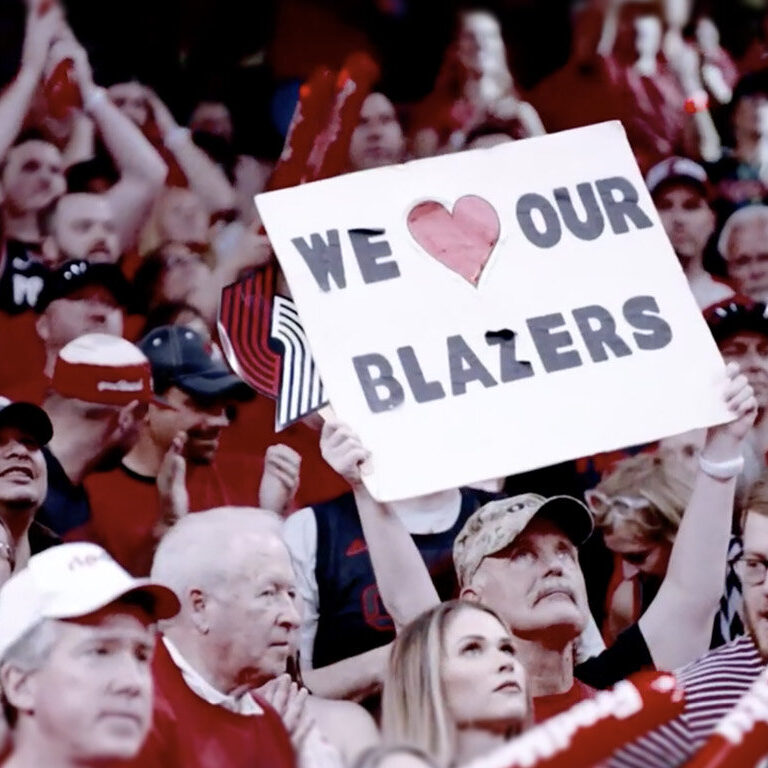It’s that time of the year once again. If you’re from a football, rugby or ice hockey club, the competitive season has just drawn to a close, and it’s time to all put our feet up until the whistle blows in August. Right?
Wrong.
The off-season is in many ways even more important to proactively plan for; and, with the right procedures in place, it’s a time that will provide you with opportunities to improve or fine-tune the processes you have in place to get a running jump on next season.
This approach isn’t exclusive to organisation size or type – if you are part of a self-professed ‘smaller’ entity – even better. The chances are your competition may be sleeping whilst you work.
Whilst there are a wide range of areas you can attend to in this time, I will highlight just a few to help you in your planning process.
Business Objectives loop
An obvious yet natural way to close the season is to loop back with your business objectives from the beginning of the sporting calendar.
What went well? What not so well? What could be improved? What opportunities could have been better grasped? I’m speaking on a wider scale; however, my colleague Manuel explains reporting in more detail in his recent blog post you can’t improve what you don’t measure.
Looping back to your goals from the beginning of the season can also be an interesting time to note how your priorities may have changed ahead of mapping the upcoming season objectives.
End of season survey


A particularly fun one for me, and not to mention incredibly useful, is the end of season survey. What better way to improve and optimise processes than directly asking the fan or customer? In addition to the feedback received, it also provides a fantastic opportunity for data collection ahead of the new season.
Should you decide to go in depth with the number of questions, it’s important to ponder the likelihood of your fanbase dropping off. Consider the trade-off – in giving up their data, what is it the fan getting in return? Improved experiences are of course the long-form answer, but often a fan won’t consider this.
If you’re looking for an easy and incredibly impactful incentive for your end of season survey, you’d be surprised at how much traction a signed jersey or piece of memorabilia will get.
You can read more on the benefits of using surveys in one of my previous posts here.
Continue the conversation
As already mentioned, it’s even more important your fans hear from you in the off-season, so it isn’t as jarring for them to hear from you dramatically more or less at various stages of the year.
The email campaign types, and frequency of communications may change, but you can prepare fans for the season ahead whilst directly impacting your upcoming business objectives.


If increasing the number of season tickets sold for the upcoming season is a priority, emails in the off-season reminding fans of memorable moments from the year previous is a terrific way of continuing the conversation in a natural manner.
Depending on your processes already set up, and the information you currently have in your database, you can also decide to personalise the messaging to ensure the greatest chance of success. For example, increasing the frequency of communications to your most loyal fans who haven’t yet purchased a season ticket, or those who have previously shown an interest by clicking on season ticket stories within email campaigns.
Further examples of natural ways to keep the conversation going are informing fans of exciting new signings, sponsors renewing with specific supporter benefits, new merchandise, etc.
Conclusion and next steps
Whilst we eagerly await the curtain to raise, there’s plenty we can be doing to ensure the best chance of success next season.
If you don’t have processes mentioned currently set up, or believe your club or sports entity is ‘too small’ to consider some of the approaches, we can only assure you it isn’t.
The good news is it’s never too late to start – and what a time to do it.
If there is anything you would like to discuss further or would like to find out more, please get in touch and we would be delighted to help.





